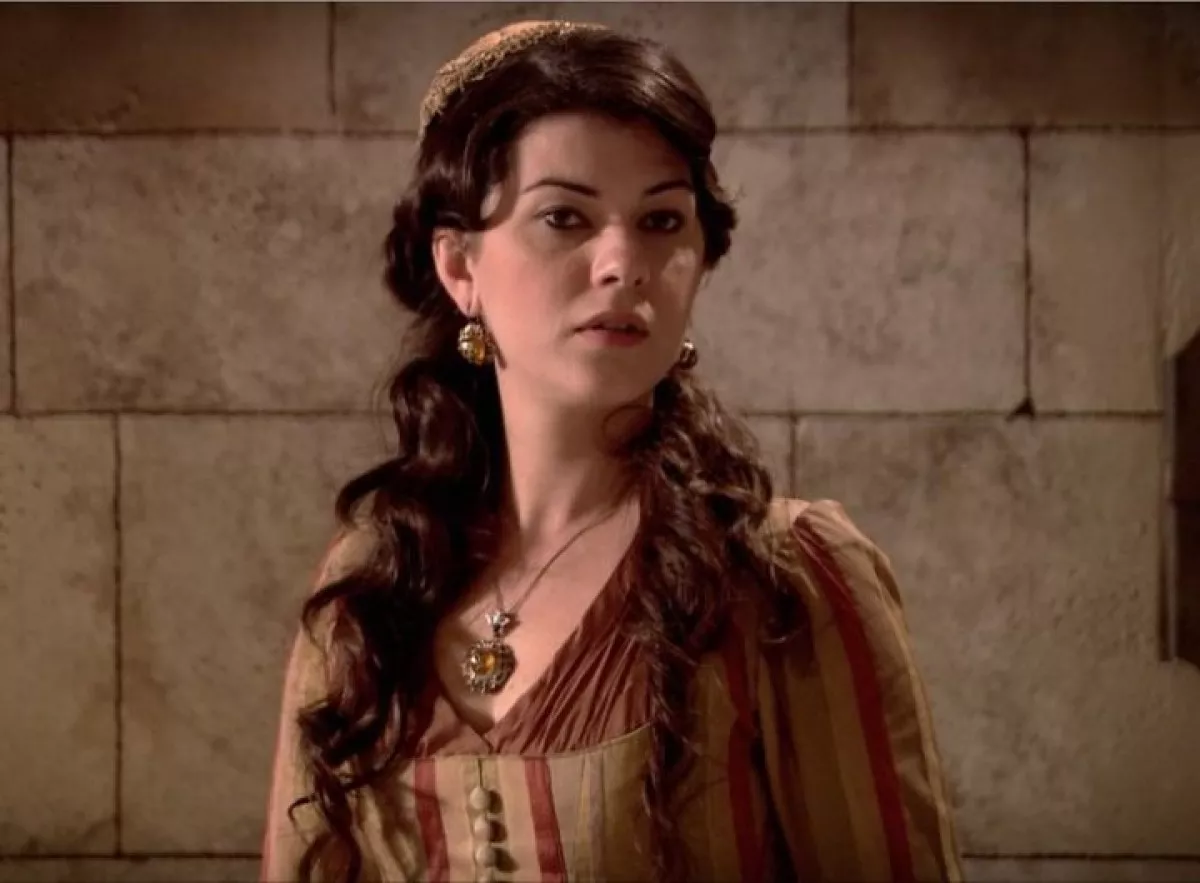
In the series "The Great Century," Hurrem Sultan is depicted as the main character of the harem. This was reported by Upl.uz.
However, in the true history of the Ottoman Empire, there were women who had an influence no less than hers, and sometimes even stronger. They are the kalfas.
Kalfas were often unnoticed figures who managed the complex system of the harem. Their duties were not limited to simple servitude but included overseeing financial matters, appointments, and political processes.
The kalfas in the Ottoman Empire were not just high-ranking servants. They were women who held important administrative positions, especially the treasurer, who managed the financial affairs of the harem.
The treasurer was responsible for distributing funds, appointing servants, and even overseeing meetings with the Sultan's mother, Valide Sultan. No one could meet with Valide Sultan without her approval, which made her one of the most influential figures in the palace.
Although Hurrem Sultan was the favorite wife of the Sultan, she was also connected to the decisions of the kalfas and the secrets of the harem. The kalfas did not merely execute orders; they shaped the politics within the harem.
Their influence extended to all aspects of palace life, including resource distribution and resolving conflicts among the ladies. Unlike the favorites, whose status depended on the Sultan's mood, the kalfas' position was stable and solid, based on their experience and knowledge of palace affairs.
Another advantage of the kalfas was their long service in the harem. Despite her significance, Hurrem died before her husband, Suleiman the Magnificent.
In contrast, the kalfas served for decades, gaining deep knowledge of palace intrigues, ministers, and sultans. They could anticipate the outcomes of many conflicts by knowing each lady's weaknesses and remembering the details of political decisions.
This experience made them invaluable in the harem system. The kalfas possessed not only administrative skills but also education.
Many studied calligraphy and mathematics, and some knew foreign languages, including French. This allowed them not only to manage the harem but also to influence the upbringing of future sultans' daughters and princes.
Through education, they shaped the worldview of the heirs, indirectly influencing the future of the empire. There are also instances in history where kalfas directly intervened in state affairs.
For example, in the 17th century, a kalfa named Meleki Hatun played a significant role in the resignation of the grand vizier, Melek Ahmad Pasha. This was not a simple administrative act but a political revolution orchestrated by a woman seen as an official servant.
Such examples show that kalfas were capable of influencing not only the harem but the fate of the entire empire. The kalfas also actively participated in the upbringing of the Sultan's children.
They provided the princesses and princes with the necessary knowledge and skills for state governance. This made them important figures in shaping future rulers.
Their role in educating the heirs was no less significant than Hurrem's struggle to place her sons on the throne. The kalfas were highly respected and often invited to marry high-ranking officials, such as pashas.
However, many rejected such offers. The reason was simple: the power and status they held in the harem surpassed the position of being the wife of the most influential men.
The life in the harem provided them with independence and the ability to control their destiny, which was unique for women of that era. The kalfas placed great importance not only on power but also on stability.





